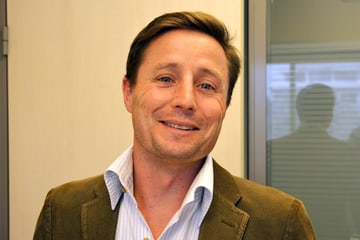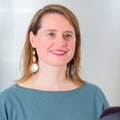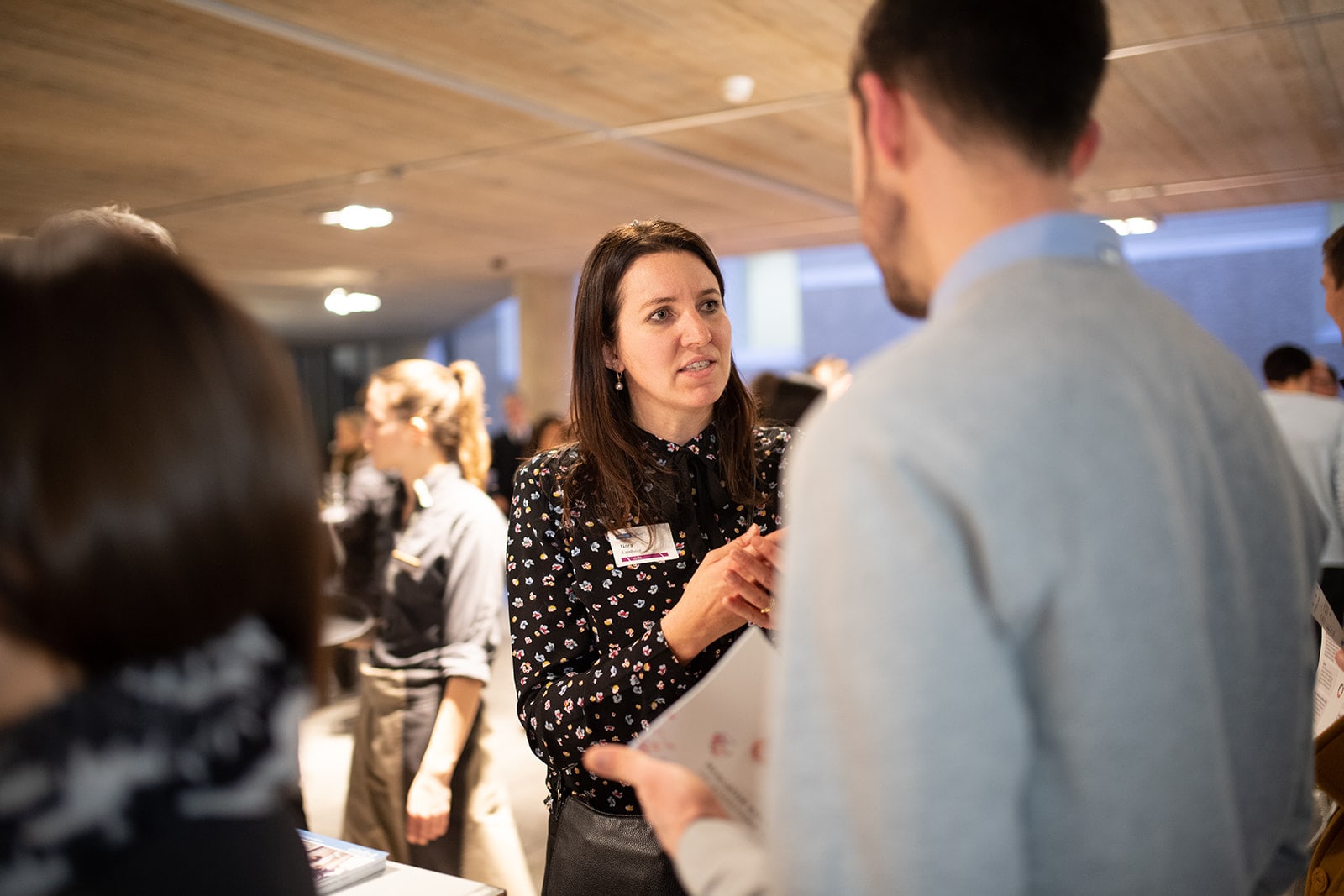"My career in international financial institutions", Laurent Corthay
Meet Laurent Corthay, Specialist in private sector development with the World Bank. Learn more about his position and career path.

Laurent Corthay at the time of writing
Age
36
Position
Specialist in private sector development, World Bank, Nairobi, Kenya
Education
Master’s degree in international relations, Certificate in Comparative Tax Policy and Administration
Most significant jobs to date
- Field Coordinator, Medair (1 year)
- Short advisory missions, UNHCR, IFC, World Bank (1 year)
- Private Sector Development Specialist, World Bank, Washington (5 years), and Nairobi (5 years)
- Regional head of trade and competitiveness, World Bank, Dakar (since Oct. 2015)
My current position
For the past 5 years I have been responsible for «Duties and Taxes» in Africa at the World Bank’s Department of Trade and Competitiveness. My role involves providing technical assistance and advice to African governments regarding business taxation. The aim is to simplify bureaucracy within countries to support business creation, thereby also promoting economic growth. In Rwanda, for example, we developed a system that enables small business owners to complete tax declarations and payments via mobile telephones. This helps to reduce corruption and has been a great success.
This work is unique and fascinating.
My duties
I manage a portfolio of ten projects in ten African countries. I begin by analysing the current situation, then I conceptualise and develop the project, form a multidisciplinary team, and finally I monitor progress and with technical contributions assist in its implementation.
Two thirds of my time is spent travelling to see clients. I am in constant contact and act as a catalyst between government representatives and actors from the private sector. Networking is another aspect of my work and I regularly take part in meetings and conferences.
My motivation
The World Bank mission of reducing poverty whilst creating economic growth is what drives me. This work is unique and fascinating, and no job in Switzerland could offer a similar experience. I am committed to establishing partnerships based on trust between different stakeholders. The diversity of the actors involved can bring about complex group dynamics, which demands great intercultural sensitivity. This can be a more important success factor than technical expertise.
Life in Nairobi
Kenya is one of the few African nations that has experienced the emergence of a genuine middle class. This eases the integration process. I wouldn’t want to stay cloistered in the small world of «expats» – whom I prefer to call «immigrants», because that’s what we really are – and have found in Nairobi a city and populace that has welcomed me with open arms.
Two passions of mine have assisted with integration: as a music lover, I regularly play with Kenyan musicians and DJs, and sport – basketball in this case - has also helped me to make new friends.
The pros and cons
Apart from the local environment and my passion for this mission, I particularly enjoy the cultural diversity of World Bank staff and having the opportunity to discover parts of Africa that I would otherwise never have seen. Ever since I can remember, I have been deeply interested in getting to know different people, and my environment enables this.
The political instability in certain countries where we intervene is a negative aspect. There is no guarantee that the benefits of our projects will be lasting. The too-frequent travelling and internal administrative load also weigh on me. The latter is even more paradoxical considering my mandate to reduce administration for others.
My next steps
In October 2015 I took up a new post in Dakar, Senegal, as regional head of trade and competitiveness. One of my ambitions in this new position is to develop the activity within the creative industry, specifically in arts and innovation. This sector has considerable economic and cultural potential that is presently undervalued in the region.
Portrait also available in French
Our services – to take you further
cinfo supports Swiss professionals considering a career with the UN or a development bank, and those already in the system:



